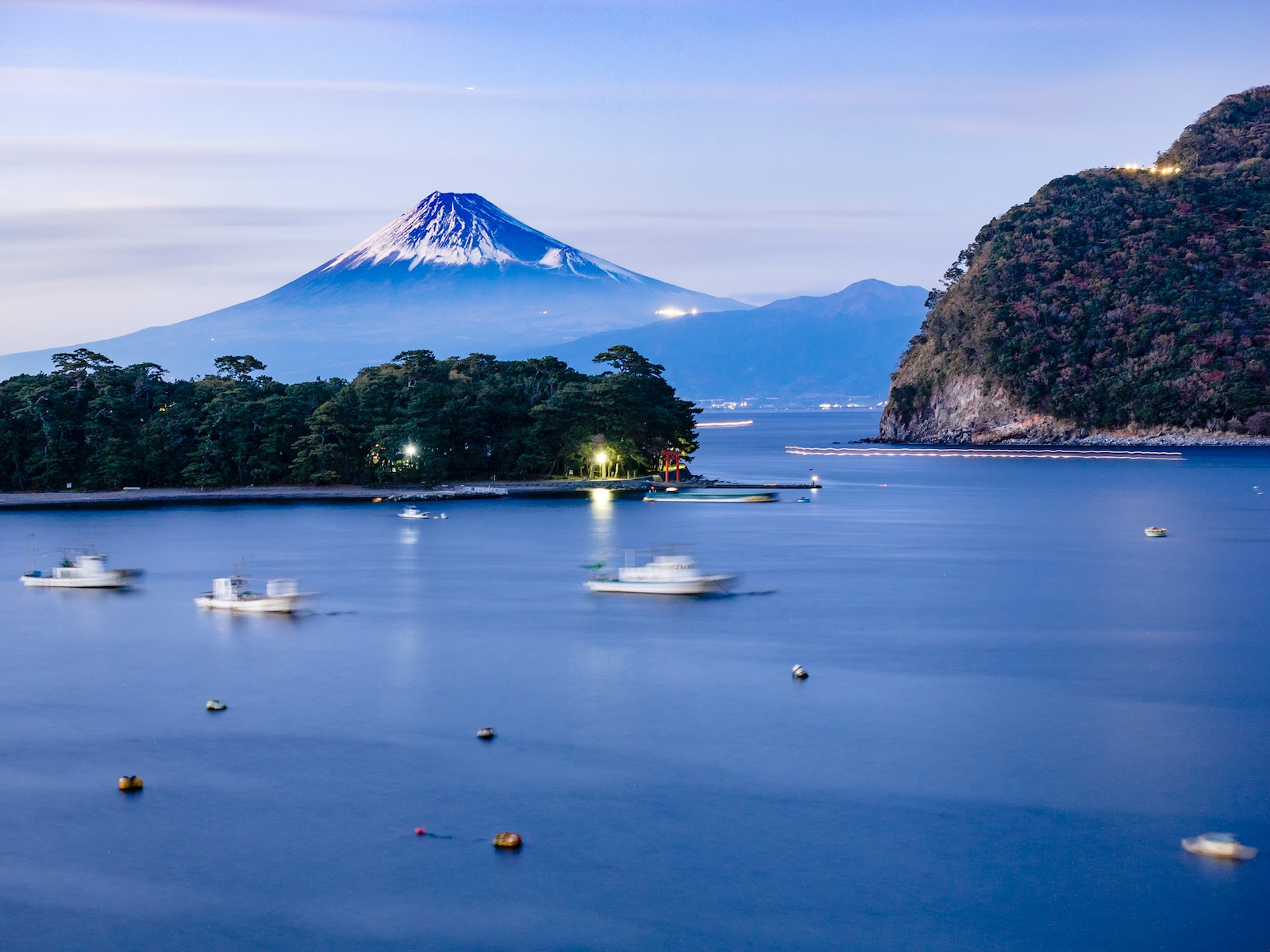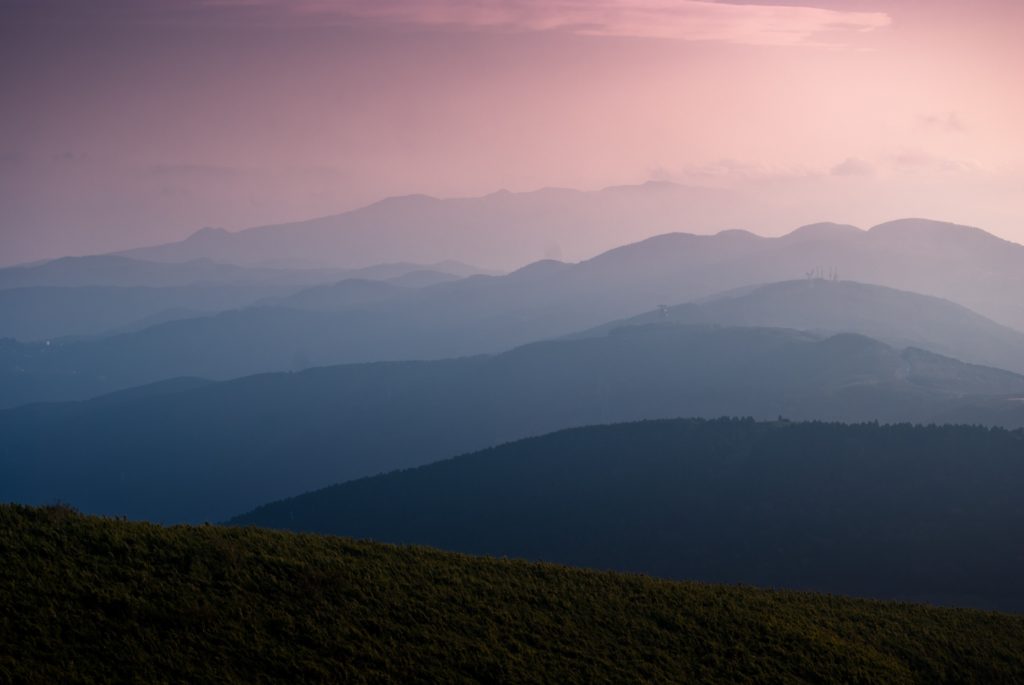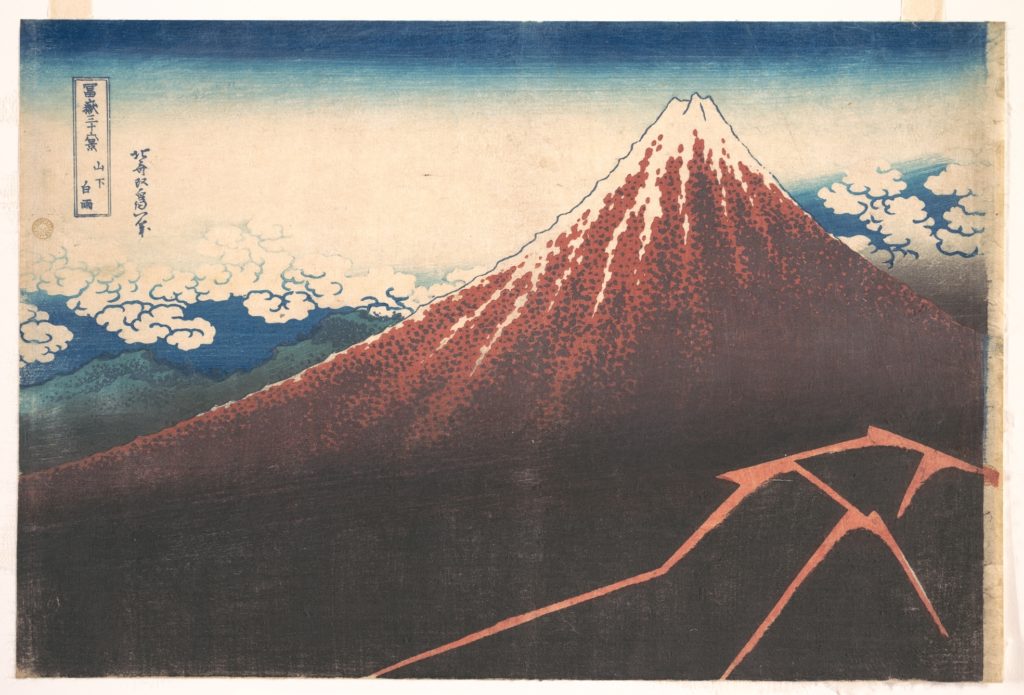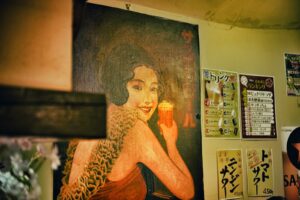Amazing Travel Destinations That Will Enrich Your Life

In Japan, people of all ages and genders are climbing & hiking mountains alone. Some people who are not familiar with going to the mountains ask, “Isn’t it dangerous to walk alone in the mountains or nature?”. It is actually safe because there are many alone mountain climbers, especially on the weekends, from spring to early autumn.
Some of the main reasons why people are climbing mountains alone include; they want to go during their own favorite time and own chosen places and; they want to hike at their own pace; hiking is considered a great way to enjoy self-reflection and is a peaceful method of personal meditation.
Mountains Represent Spirituality
In Japan, roughly 70 percent of the country is mountainous. And in those mountainous areas, there are many major holy mountains in the country. Mountain worship has a long history in Japanese culture. Some people say Japanese spiritual nature is derived from the population’s awe of these mountains. In the early days, many feared the vast wilderness and mysteriousness of the mountains, finding them to be quite threatening. This was due to the many natural disasters and earthquakes that have occurred in these regions. At the same time, the population was and is still fascinated by the grandeur and beauty of the mountains. For these and many other reasons, mountains have always been a special place for the Japanese.

Mountain worship has existed since the Jomon period (which began around 14500 BC). It originated in the primitive animistic religions which worships nature. Animism considers all natural things, such as animals, plants, rocks, and rivers, are animated & alive and possess its own spirit. It believes everything has a soul. From the historical era, worship of natural things was formed at the end of the Heian period (794–1185) under the influence of many different philosophies and religions such as Shamanism, Taoism, and Esoteric Buddhism.
Since ancient times, the Japanese believed the gods lived in the mountains who have blessed people’s lives and saved their offspring from tragic occurrences. Especially for the population living in the inland areas, people relied on the water, food, and housing materials from the mountains. They saw the mountains as objects of gratitude, reverence, and faith. During the Edo period (1603 and 1868), mountain worship was part of the training of young men to become grown men. That’s one of the reasons this type of worship became popular.

Mountain Religion: A Japanese Buddhist Tradition called Shugendō.
Shugendō is a type of ancient Japanese mountain worship which primarily focuses on the Buddhist religion. People visit the mountains as a special trip, away from their normal lives. The practice of mountain worship helps those to reach Satori or a state of enlightenment and illumination. Even in modern day times, this type of worship continues to be practiced in shrines, and temples throughout the mountains.
The goal of Shugendō is to achieve spiritual enlightenment through process of training deep in the mountain, a place with powers unbeknownst to man; and immersing in the vast nature of the mountain to sharpen wisdom through discipline of both body and mind
quoted from: www.tanakariten.com
We believe this type of spiritual adventure is a helpful method to uplift our mind and body. In Japan, more than 1,000 years ago, many people believed that climbing a holy mountain meant that one would eventually meet the gods & Buddha, in order to have them fulfill people’s wishes. Others believe holy mountain climbing is a great way to deeply train and purify minds & spirits as well as your body.
Spiritual adventures revives, renews and refreshes our mind and body. Does your culture have any spiritual activities like us? We are happy to hear from you, please leave us a comment!
If you want to know more about Japan’s most popular Holy Mountain,Fuji.







 Instagram
Instagram